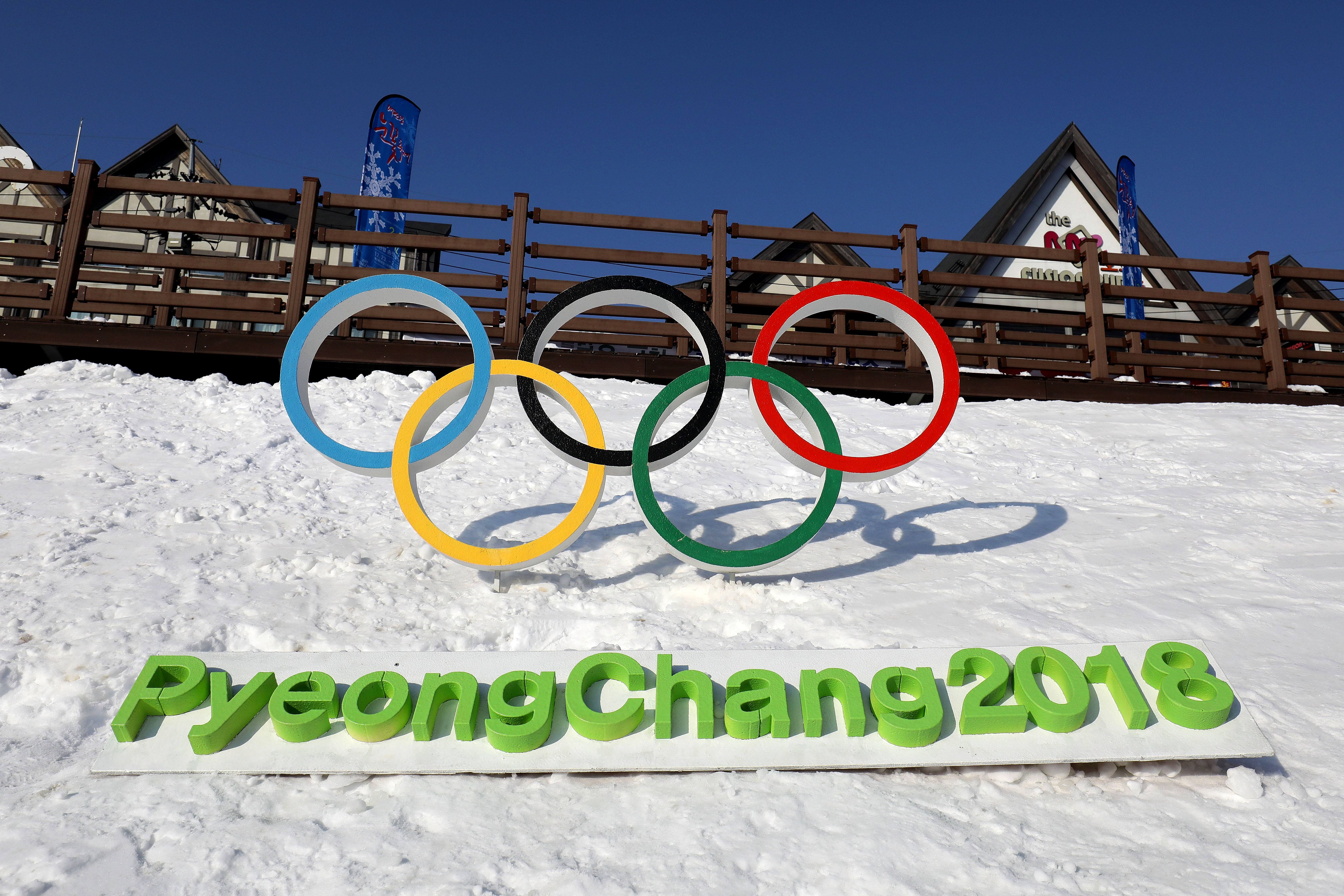
With the 2018 Pyeongchang Winter Olympics just around the corner, there are a number of elite athletes out there who are dealing with the pain of missing out on selection.
In most cases, these athletes trained with and beat the Olympians you will see at the games. Many times. They went through the hard graft, the tears and the joy that comes with following the dream of competing. They reached that top 0.1% of the world’s athletic population. But they will be watching the Winter Olympics from their armchairs.
The ‘lucky’ ones will quickly adjust to the disappointment and feel like they have been beaten fair and square. Others will feel angry and like they have been screwed over by coaches and selectors. That they should be there, lining up in Pyeongchang. And rightly so in some cases.
Still more athletes will have had their crowning moment stolen at the last minute through injury. They have to deal with the injustice of knowing they qualified and were good enough to go, yet are watching the race that they should have been in from the local pub. In some sports, some of the best athletes in the world will be left at home because only one person per country is allowed compete in their event. They may only be marginally second in their country and easily good enough for a medal at the Winter Olympics, if only they had the opportunity to compete.
Whatever the case, the Winter Olympic Games we are about to enjoy and celebrate will be a painful experience for these amazing athletes who just missed out on going. While you are watching the games, spare a thought for these great athletes who will be watching, and wondering, too.
It is these athletes who have pushed the current Olympians to their max in order to get there in the first place. Yet they will be invisible.
Processing disappointment
A number of years ago I read Barracuda by award winning Australian author Christos Tsiolkas. It tells the tale of young swimmer, Danny Kelly. A child prodigy from a working class background in Melbourne.

He was aiming high for the Sydney Olympics. He was obsessed and driven as most young athletes are. He broke the world record along the way but didn’t make the team for his home Olympic Games. The inability of Danny and those around him to process the disappointment meant that he sank deeper and deeper into depression.
On the night of the Opening Ceremony, his only way of escape was to drink himself into oblivion. Trying to avoid the nationwide celebrations marking the opening of an event he had programmed himself to compete at from a very young age. He ended up losing the plot on the night and seriously assaulting one of his former swimming team-mates. He somehow held him partly responsible for missing the Olympics and unleashed all the pain he was suffering inside. He also had the added complexity of secretly being in love with the same guy.
In a nutshell, Danny had no idea how to cope with his disappointment. Those close to him had no idea how to handle it. He felt nobody could possibly understand how he felt.
His only way to avoid the Olympics was to subconsciously create a situation (arrest, police, jail) that would direct his pain onto something much more serious. Tsiolkas beautifully and accurately captured Danny’s pain of missing out on the games.
Right now, there are hundreds of people like Danny out there. Dreading the Winter Olympics and the pain they promise to bring. A brutal reminder of their “failure” and the lack of appreciation for the incredible levels they got to as an athlete.
Growing from the pain
If you are one of those athletes, it would be wise to create a plan for yourself for the Winter Olympic period and beyond. Sure, you probably already have a physical training plan focused on the next big event. But you need a mental health plan, as well.
Start by simply finding someone to talk to. Someone who understands your world. An ex-athlete who has been through the same experience, perhaps. Let your family and loved ones know at least a little bit of what is going through your head. Seek out professional support.
It’s natural to experience negative thoughts and self-defeating internal dialogue. Try redirecting this dialogue into positive, task-oriented thoughts and affirmations. This will help provide direction and motivation, and help you deal with the more challenging moments.
Try keeping a journal. Your journal can be a powerful tool of self-reflection, helping you work through your emotions now and serving as a concrete reminder of how you managed difficult challenges for the future.
Make some time for activities with family, friends, your squad or even by yourself, that you couldn’t do if you were in Pyeongchang.
Spend some time getting perspective: you are still an exceptional athlete at a very high level. The Olympics will come and go.
Self-destructive behaviour (too much alcohol or recreational drugs) might help you temporarily numb the experience but it won’t help it go away. It is a false economy that will only make you feel worse in the long-run and could have consequences that go far beyond sport.
If you know an athlete who is going through this then look out for them. Encourage them seek help if you feel they need it. Explore our website for articles and stories that will help.


